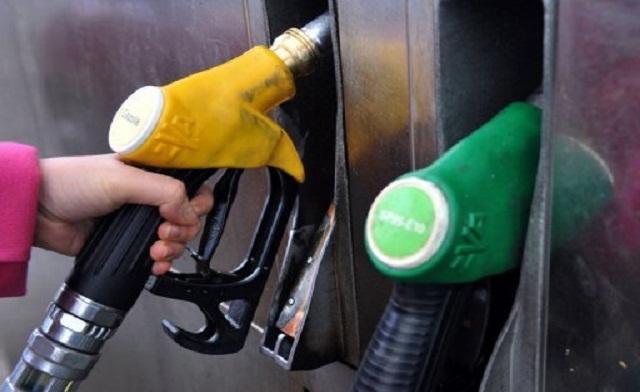Mostafa Al-Najari, a member of the grain division of the Federation of Egyptian Chambers of Commerce (FEDCOC) and chairperson of the rice committee of the Agriculture Export Council (AEC), told Daily News Egypt that he expects Egypt to import 400,000 tonnes of rice in the period from August 2017 to August 2018.
President Abdel Fattah Al-Sisi agreed Monday during his meeting with Prime Minister Mostafa Madbouly and Minister of Supply and Internal Trade Ali Meselhy to allow the importation of rice, making the General Authority for Supply Commodities (GASC) market rice for the new year and put good prices for the crop in agreement with the Ministry of Agriculture.
Despite the criticisms of this decision due to its impact on the Egyptian economy, Al-Najari praised the decision, saying that rice is an essential crop in Egypt, noting that making the GASC market the rice for the new year is a path to reform.
He added that this decision will contribute to stopping monopolies.
“When the Supply Ministry stopped buying barley rice from farmers, this led to increasing monopolies,” he explained.
He said that importing should fill the gap between consumption and production, as consumption is now higher than production.
Egypt slashed cultivation of rice, a water-intensive crop, this year to conserve vital Nile River resources as Ethiopia prepares to fill the reservoir behind a colossal $4bn dam it is building upstream and which Cairo worries could threaten its water resources.
Previously, in January, Egypt decided to reduce the area of rice cultivation from 1,100m feddans to 724,000 feddans.
Then, in May, the government agreed to increase the area allocated for rice cultivation by 100,000 feddans only this season, bringing the total area of rice cultivation to 824,000 feddans,
In this term, Mostafa Al-Saltisi, vice president of the rice division at the Chamber of Grain Industry in the Federation of Egyptian Industries (FEI), told Daily News Egypt that the decision to reduce the area of rice cultivation is one of the most dangerous decisions that Egypt took, explaining that Egypt’s main agricultural crops are grains and rice, describing the decision at 100% wrong.
He noted that Egypt’s main problem in importing rice is that the quality of other countries’ rice is less than that of Egypt.
Moreover, he assured that importing rice threatens the local market in Egypt.




